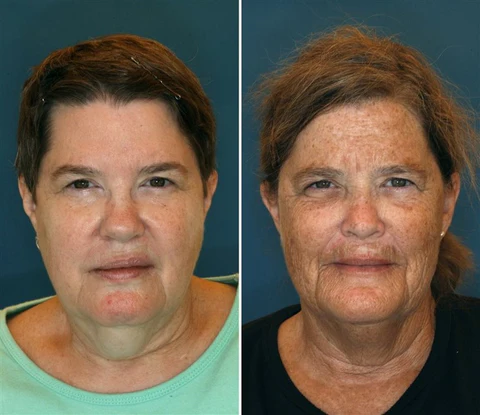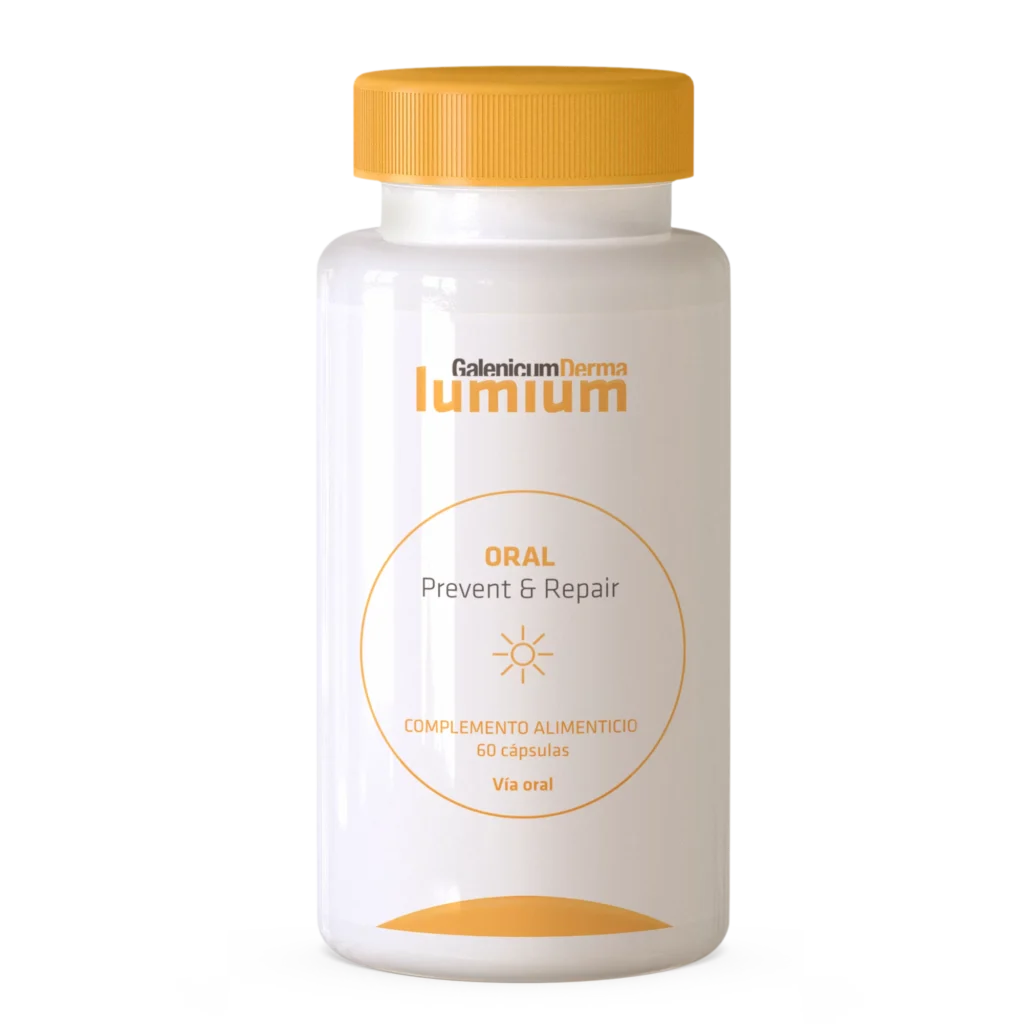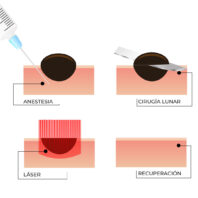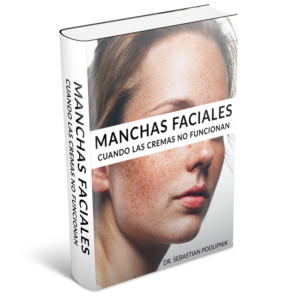When we think about caring for our skin, we usually consider sunscreen lotion as the first line of defense against sun damage. However, in recent years, a new strategy has been gaining attention: oral sunscreen.
In this article, I’d like to delve into this complementary approach and explain how it can help you keep your skin better protected from sun damage. If you’re concerned about premature aging, sun spots, or even skin cancer, keep reading to discover how oral sunscreen can help in your skincare routine.

What will I talk about in this article?
What is Oral Sunscreen and How Does It Work?
Oral sunscreen involves the use of supplements containing active ingredients that protect the skin from the inside against the harmful effects of solar radiation, especially ultraviolet (UV) radiation, but also visible light and infrared. These supplements include antioxidants, vitamins, and carotenoids, which act directly on our cells to reduce damage caused by sun exposure.
The mechanism of action of these compounds is quite interesting. They work primarily as antioxidants and anti-inflammatories. For example, they reduce the formation of reactive oxygen species (ROS), which are the molecules responsible for cellular damage and skin aging. Additionally, some of these ingredients help repair the DNA of cells and strengthen the skin’s immune response against sun damage. (Parrado et al., 2018).
Should We Call It Oral Sunscreen?
The term “oral sunscreen” may not be the most accurate in this context. When we think of sun protection, we usually picture the classic sunscreen that physically or chemically blocks UV rays. Oral supplements, on the other hand, do not directly block UV radiation. Instead, they protect the skin from within, helping to minimize cellular damage that has already occurred.
For this reason, I prefer to see oral sunscreen as a way to help the skin cope with sun damage rather than as a preventive barrier. The most common ingredients in these supplements, such as Polypodium leucotomos or nicotinamide, do not prevent exposure to UV rays. What they do is reduce inflammation, improve DNA repair, and decrease oxidative stress, all key factors in mitigating the cumulative damage caused by sun exposure.
Main Ingredients Used in Oral Sunscreen
- Polypodium leucotomos: This fern extract is probably one of the most studied and recognized for its antioxidant and anti-inflammatory properties. Additionally, it has been shown to help repair the DNA of damaged cells and may prevent sun-related skin disorders, such as photodermatosis. (Parrado et al., 2020).
- Nicotinamide (Vitamin B3): This compound has been shown to be highly effective in preventing non-melanoma skin cancers by improving DNA repair and protecting the skin from sun-induced immunosuppression. (Chen et al., 2014).
- Carotenoids: These are pigments found in brightly colored fruits and vegetables, such as beta-carotene and lycopene. Studies have shown that these compounds are effective in reducing skin pigmentation caused by UVA rays. (Baswan et al., 2020).
- Omega-3 Fatty Acids: The fatty acids found in fish oil are well known for their anti-inflammatory properties. In the context of photoprotection, they help reduce oxidative damage and inflammation caused by sun exposure. (Fania et al., 2021)..
Consequences of Cumulative Sun Exposure
Sun damage is not something that is immediately noticeable, but it accumulates over time.. Every time your skin is exposed to the sun, especially without protection, cellular damage occurs that, although not immediately visible, can lead to serious problems over the years. This cumulative damage not only accelerates skin aging—wrinkles, loss of elasticity, and sunspots—but also significantly increases the risk of developing skin cancer.
Over time, constant exposure to UV radiation causes a series of mutations in the DNA of skin cells. These alterations can interfere with the normal process of cellular regeneration, facilitating the development of melanomas and other types of cancer, such as basal cell carcinoma or squamous cell carcinoma. For this reason, combining topical sunscreen with the use of oral sunscreen becomes key in reducing these negative effects in the long term. (Krutmann et al., 2020)..

Chronic sun damage is clearly visible in the case of two 61-year-old twin sisters, Jeanne and Susan. Although they share the same genetics, their sun exposure habits have made a significant difference in their appearance. Jeanne, who has avoided prolonged sun exposure, has much smoother and less aged skin, while Susan, who has been regularly exposed to the sun in Florida, shows evident signs of premature aging, such as sunspots and deep wrinkles. A study showed that Susan appears more than 10 years older than Jeanne due to accumulated sun damage. This example highlights how ultraviolet (UV) radiation and a lack of sun protection can accelerate skin aging, underscoring the importance of using sunscreen and adopting habits that limit direct sun exposure.
Product Recommendation:
Lumium Capsules
- Nicotinamide 500 mg
- Polypodium Leucotomos 480 mg
- Beta-carotene
- Resveratrol
- Vitamins C, D3, and E
Lumium not only helps reduce inflammation and repair damaged DNA but also strengthens the skin’s immune response to the sun. This supplement is ideal for those looking for additional protection beyond what topical sunscreen offers. Remember, it’s always the combination that will give you the best results.
What Does Science Say About Oral Sunscreen?
There are numerous studies supporting the benefits of oral sunscreen. For example, a study conducted on humans demonstrated that the extract of Polypodium leucotomos is effective in reducing inflammation and skin damage after exposure to UVB radiation. (Kohli et al., 2017). Likewise, supplementation with carotenoids has demonstrated its ability to reduce erythema caused by UV radiation. (Baswan et al., 2020).
Additionally, nicotinamide has shown promising results in reducing the risk of non-melanoma skin cancer by improving DNA repair mechanisms. (Chen et al., 2014)This, along with the antioxidant effects of other ingredients, makes oral sunscreen a powerful tool for preventing long-term sun damage.
Limitations of Oral Sunscreen
It is important to remember that oral sunscreen should not replace traditional sunscreen. Oral supplements are a complementary tool and should not be seen as a standalone solution. Avoiding the sun with physical measures (staying under an umbrella, avoiding direct sun exposure, using hats and sunglasses, etc.) and the topical application of sunscreens remains the most effective way to block UV radiation directly on the skin.
Another limitation is that The effects of oral sunscreen are not immediate. Most studies suggest that consistent intake over several weeks is required to observe benefits for the skin. So, if you decide to incorporate these supplements, keep in mind that it is a long-term commitment.
Conclusion
In summary, oral sunscreen is a strategy that effectively complements traditional sun protection measures. Although it does not replace topical sunscreens, it helps reduce the impact of sun damage on the deeper layers of the skin. As research progresses, it is likely that we will see new combinations of ingredients that further improve results.
If you’re interested in providing more comprehensive protection for your skin, I encourage you to consider incorporating oral sunscreen into your routine, always alongside a good topical sunscreen and proper skincare habits. Remember, the sun is unforgiving, but with the right protection, we can minimize its impact on our skin. And don’t forget to visit a dermatologist if you have any concerns about your skin or signs of photoaging.







